Testimonials
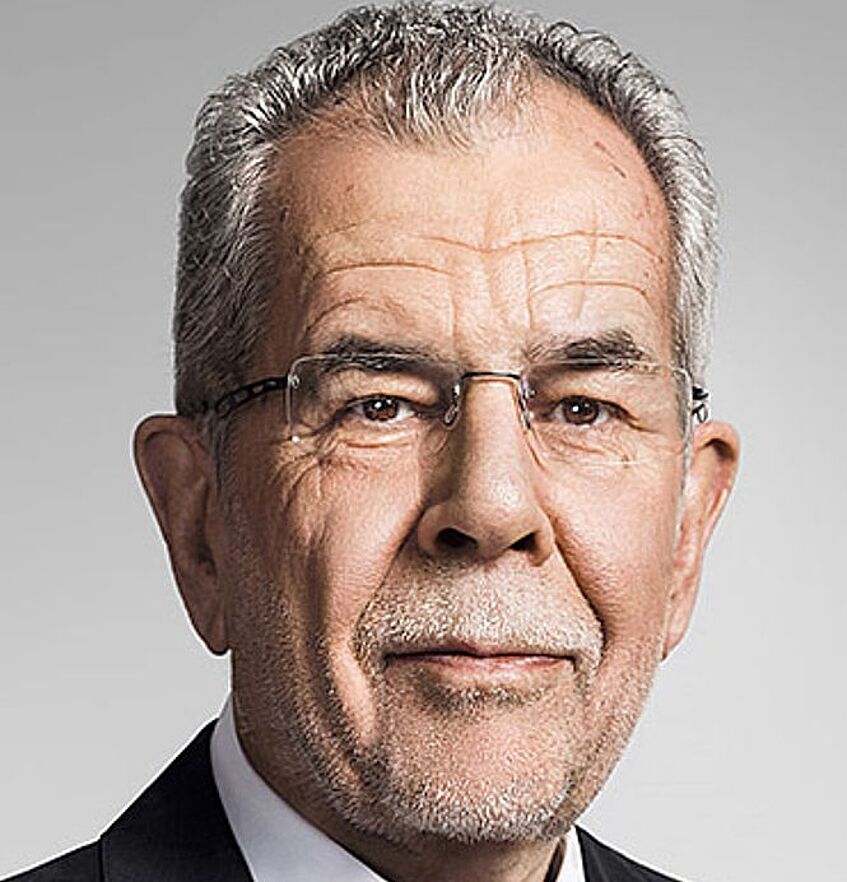
Austrian President Alexander Van der Bellen © Jork Weismann
The ELI is characterised by the diversity of its members and its work-scope. It is quite unusual that its members consist of experts on the one hand as well as institutions like supreme courts, universities and law firms on the other. Its work programme is marked by a broad spectrum of topics and, above all, contains projects aiming at the development of the European legal order. Austria is proud to have been chosen as the seat of the ELI at the University of Vienna.
Despite its young existence, the ELI has already established itself as a leading independent organisation whose scholarly work contributes to clarifying, modernising and otherwise improving European law, understood in a broad sense. It provides European scholars with an ideal institutional framework within which they can exchange ideas and learn about each other’s national experiences. Most importantly, the ELI gives new impetus to the comparative law method in the 21st century, a method of interpretation that enhances the legitimacy of the EU by interlocking European and national legal orders.
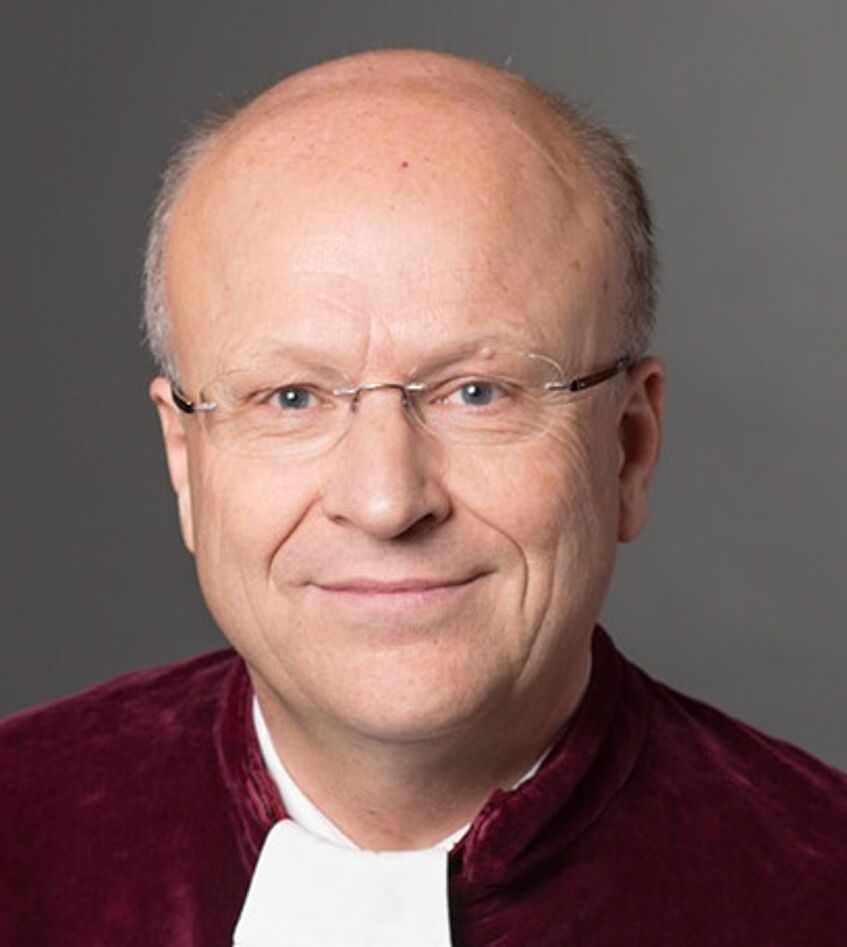
Koen Lenaerts, President of the Court of Justice of the EU
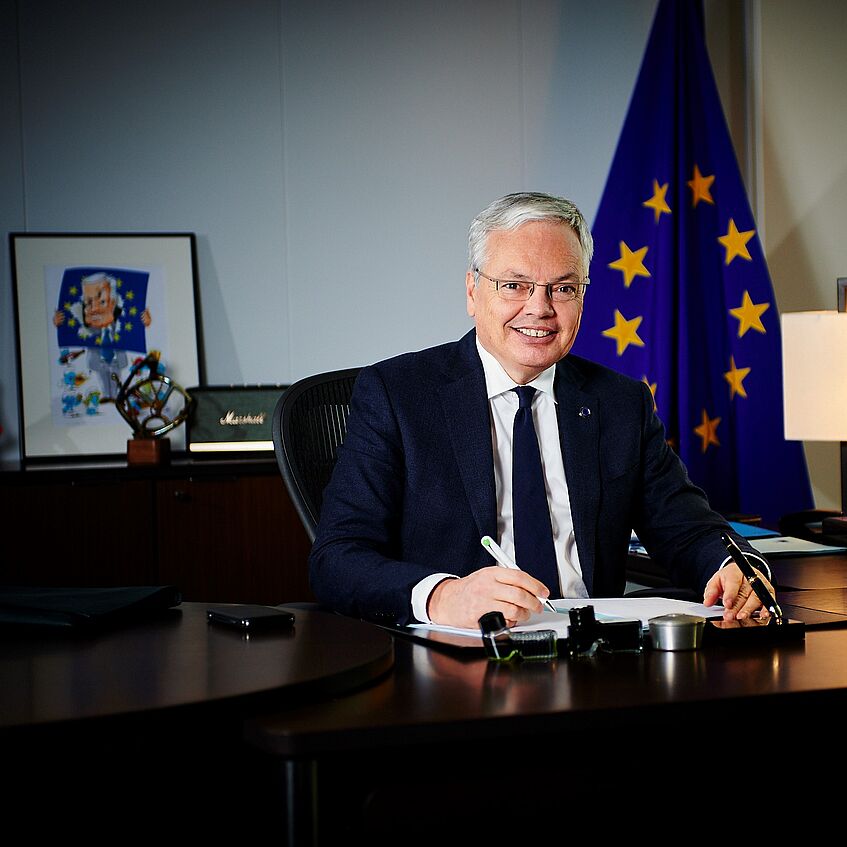
Didier Reynders,
EU Commissioner for Justice
ELI is an important stakeholder on which I know the European Commission can count to continue addressing the challenges in the field of justice.
ELI is an invaluable organisation that the European Parliament can rely on to attend to justice related issues now, and in the future.
[ELI’s] achievements have paved the way for many more young professionals to help create a righteous, green and prosperous European future.

Roberta Metsola,
President of the European Parliament
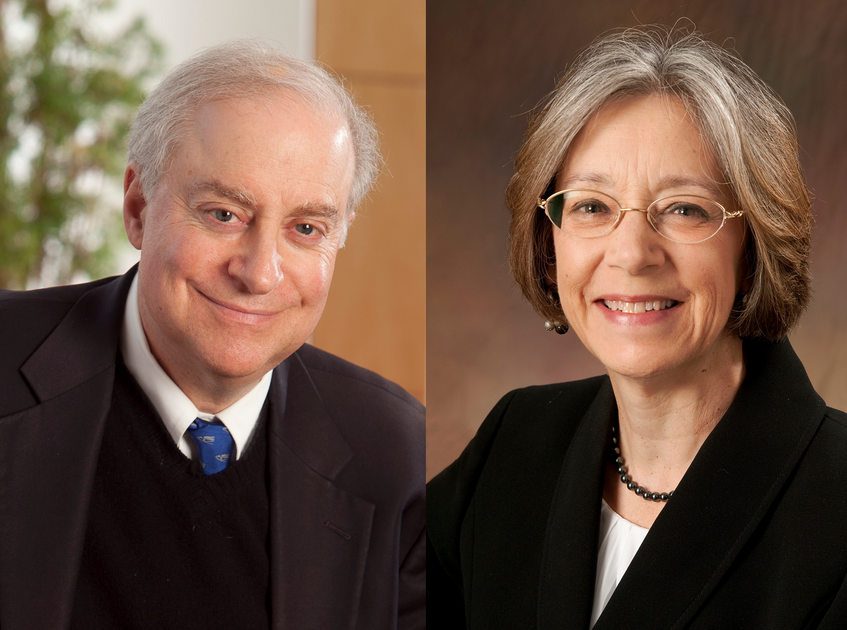
David Levi,
President of the American Law Institute
Diane Wood,
Director of the American Law Institute
As ELI begins its second decade and ALI moves into our second century, we look forward to extending and deepening our collaboration and working together toward our common goals of providing practical guidance and bringing clarity to the law.
UNCITRAL takes great interest in the valuable work of ELI. This is not just because of the high regard that we have for its processes and products, or the respect that we share for diverse legal traditions, but principally because many of ELI’s current projects speak to UNCITRAL’s mandate to ‘promot[e] the progressive harmonization and unification of the law of international trade’.
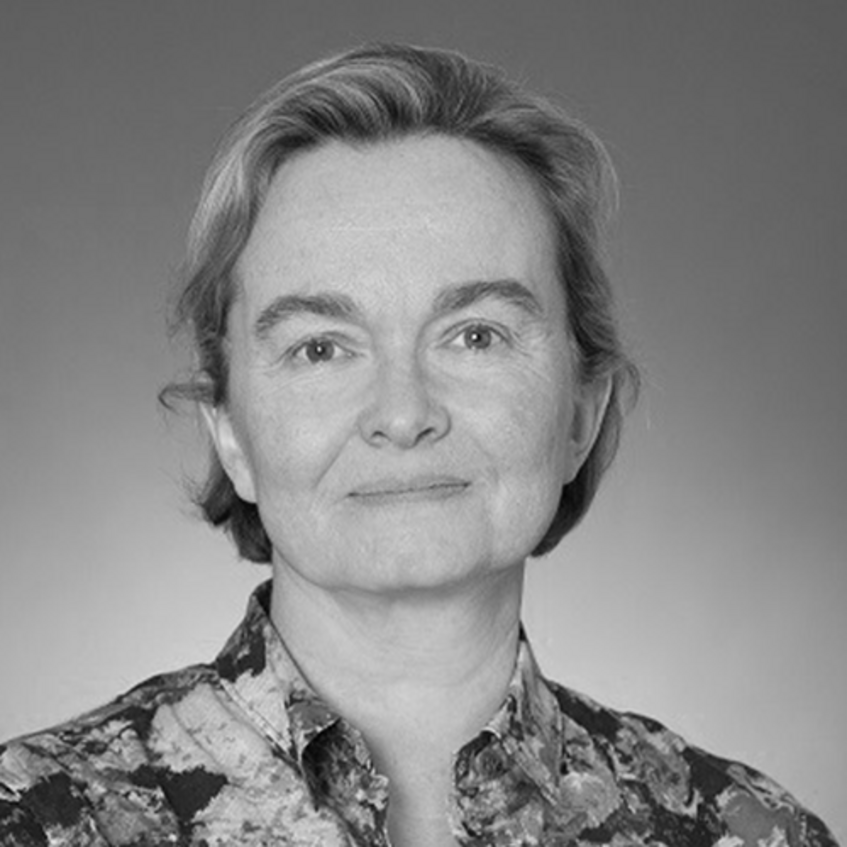
Anna Joubin-Bret, UNCITRAL Secretary
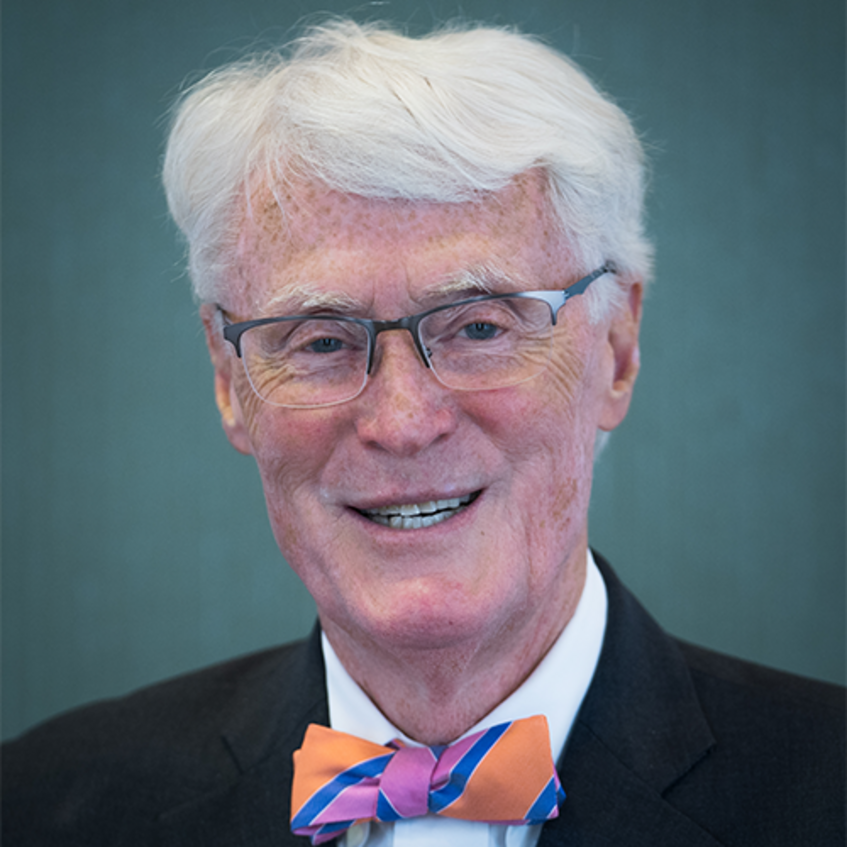
Carl Lisman, President of the Uniform Law Commission
I wish the ELI continued success in its work, and I look forward to further collaboration between our two organizations.
The ELI has come to provide a key forum for developing European legal thinking and polity. Complementing judicial dialogue and the dialogue between the States and organisations such as ESA, the ELI facilitates the crucial dialogue between academics, practitioners and institutional actors that is necessary for building and maintaining trust and confidence in the common project of a Europe ruled by law.

Bente Angell-Hansen, President of the EFTA Surveillance Authority (ESA)
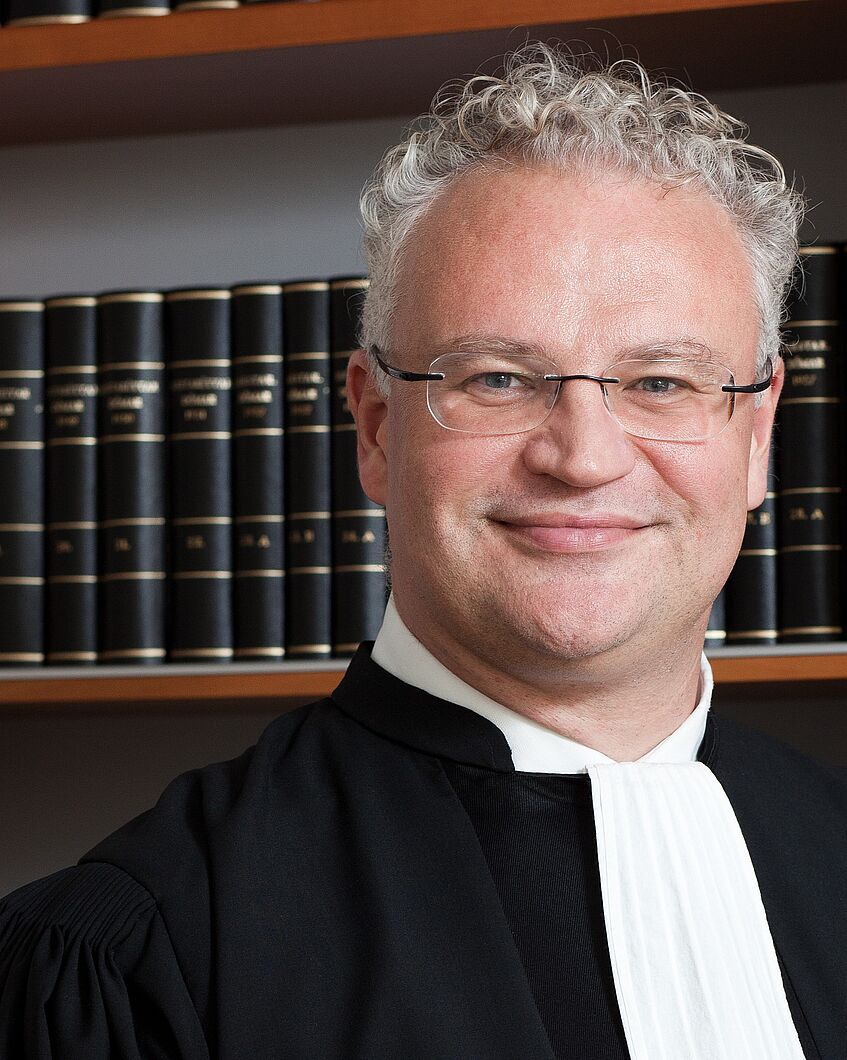
Páll Hreinsson, President of the European Free Trade Association (EFTA) Court
I commend the ELI for its achievements in improving the quality of law in Europe and look forward to its ongoing contributions to our mutual aims.
Since its founding, the ELI has worked hard to enhance European legal integration, improve law-making and above all, to inspire trust among jurists of different vocations and from different legal cultures. In the only few years of its activities, the ELI has already provided us with invaluable advice on many different initiatives and I rely on your continued support.
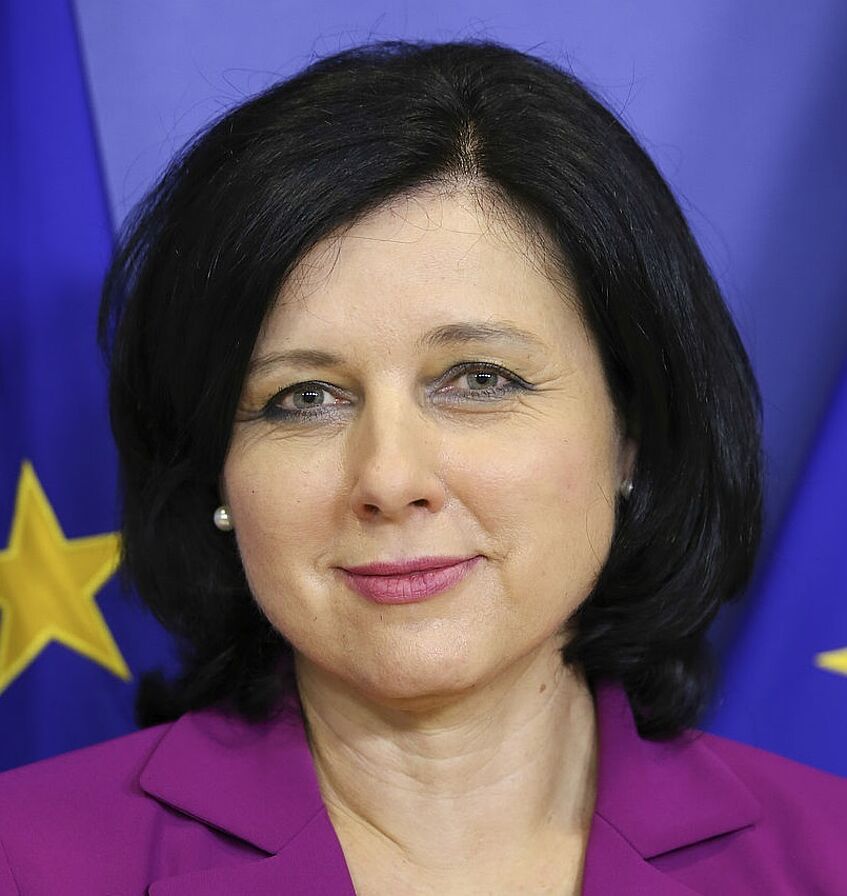
Věra Jourová, Vice-President of the European Commission
